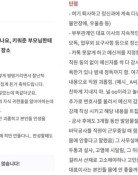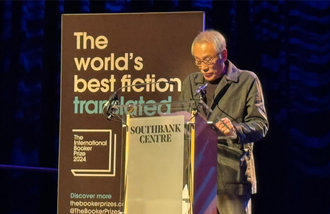Opposition leader`s offer of confidence vote
Opposition leader`s offer of confidence vote
Posted September. 19, 2015 07:03,
On November 21, 1592, Seonjo, the fourteenth King of Joseon in Korea, announced that he would abdicate of his throne in favor his crown prince Gwanghaegun, saying that one more day of his staying in his throne would lead to one more day of worries for his people. Considering that the Imjin War caused by Japan`s invasion of Korea started in April of that year, the king`s announcement was his answer to the Confucian scholars` appeal that a king who failed to prepare for the invasion to put the people into a deadly situation had to step down. Although Seonjo stirred up political crises by offering to resign from his throne 15 times during the war, he was able to maintain his post due to his subjects who requested him that he withdraw the offer.
During the Joseon Dynasty, politically embattled monarchs often offered to resign in order to turn the table to his advantage. Taejong, the third king of Joseon, offered to step down from his throne, ultimately strengthening his grip on power by checking his subjects` reactions and purging his maternal relatives and meritorious retainers who would potentially pose a threat to the royal family. In 1462, the eighth year of Sejo`s throne, the king declared to hand over his throne to his crown prince. He declared to withdrawn his offer to step down from his throne in 1462, the eight year of his throne, relieving from duty others who called for his resignation.
Joo Seung-yong, a member of the main opposition New Politics Alliance for Democracy`s (NPAD) supreme council said Friday that Joseon kings` offer to resign were always the beginning of a tragedy. He made the remark, asking the party`s leader, Moon Jae-in, to withdraw his offer to hold a vote of confidence for his leadership even after the party`s central committee passed the party`s reform plan with applause. Pressed to withdraw the vote offer, Moon said he had no change in his will for a vote of confidence but left the possibility open by saying he would listen to senior party officials` opinions.
His remarks opened the possibility for a compromise between the party`s mainstream faction and the rival faction trying to check Moon`s unilateralism. In October 2003, then President Roh Moo-hyun said he would hold a vote of confidence after some of his closest aides were found to have been involved in irregularities. Moon was Roh`s chief of staff at that time. There was no vote of confidence in the end, but Roh`s Uri Party won in the parliamentary elections in the following year. Moon might have learned the politics of re-confidence from Roh, but the Uri Party no longer exists in this world.
swpark@donga.com







